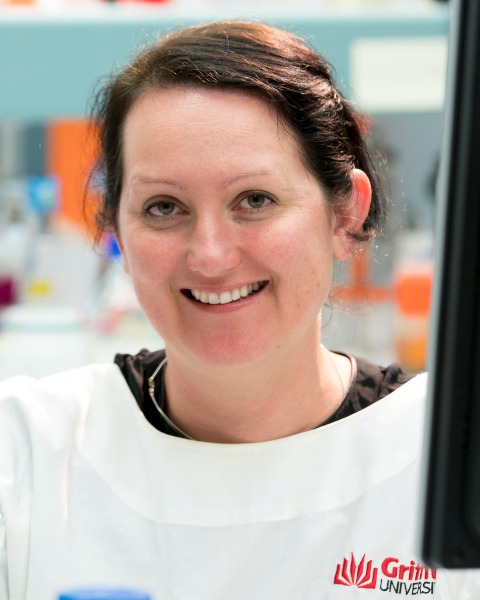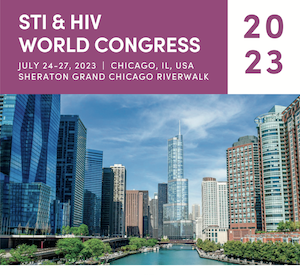Basic & Translational Science
Session: Gonorrhoea: epidemiology and vaccine
O11.4 - Characterisation of meningococcal vaccine-induced antibodies to Neisseria gonorrhoeae
Wednesday, July 26, 2023
15:15 - 15:30 CST
Location: Chicago 9

Kate L. Seib, BSc (Hons), PhD (she/her/hers)
Professor, Associate Director (Research)
Institute for Glycomics, Griffith University, Queensland, Australia
Primary Presenter(s)
Background: The sexually transmitted infection gonorrhoea is a global public health concern, with ~100 million cases per year and increasing difficulty in treating infections caused by multi-drug resistant strains of Neisseria gonorrhoeae (Ng). If left untreated, infection can lead to severe sequelae such as adverse pregnancy outcomes and infertility. Vaccine development for gonorrhoea has been challenging due to the antigen variability of the bacteria, the lack of a protective immune response following infection and the absence of an appropriate animal model that mimics infection. Observational and epidemiological studies have shown that people vaccinated with Neisseria meningitidis serogroup B vaccines (MeNZB or 4CMenB) have a reduced rate of Ng infection compared to unvaccinated controls. We are now conducting a randomised control trial with a 4CMenB to determine if it provides protection against Ng and to characterise vaccine-induced immune responses.
Methods: ELISA, Western Blot and serum bactericidal activity assays were used to test serum samples from vaccinated and unvaccinated humans from the MenGo clinical trial (MenGO: Does the licensed meningococcal vaccine Bexsero® provide cross- protection against gonorrhoea in gay and bisexual men?; ACTRN12619001478101) to characterise antibodies that cross react with Ng whole cells and Ng proteins.
Results: There is an increase in IgG1, IgG3 and IgG4 antibodies against the Ng NHBA protein in 4CMenB-vaccinated human serum compared to the unvaccinated group. There is also an increase in bactericidal activity of vaccinated compared to unvaccinated serum.
Conclusion: Vaccination with 4CMenB induces antibodies that can recognise and kill Ng, which supports the potential of this vaccine to cross protect against gonorrhoea.
Methods: ELISA, Western Blot and serum bactericidal activity assays were used to test serum samples from vaccinated and unvaccinated humans from the MenGo clinical trial (MenGO: Does the licensed meningococcal vaccine Bexsero® provide cross- protection against gonorrhoea in gay and bisexual men?; ACTRN12619001478101) to characterise antibodies that cross react with Ng whole cells and Ng proteins.
Results: There is an increase in IgG1, IgG3 and IgG4 antibodies against the Ng NHBA protein in 4CMenB-vaccinated human serum compared to the unvaccinated group. There is also an increase in bactericidal activity of vaccinated compared to unvaccinated serum.
Conclusion: Vaccination with 4CMenB induces antibodies that can recognise and kill Ng, which supports the potential of this vaccine to cross protect against gonorrhoea.

